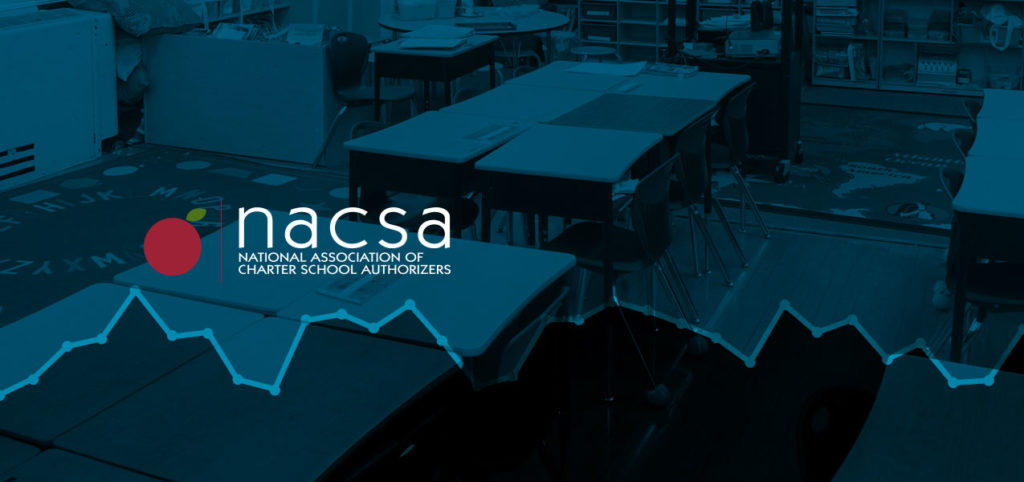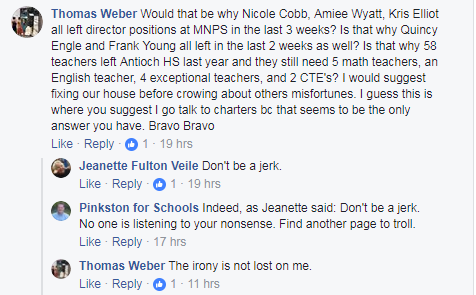Former MNPS School Board member Will Pinkston talks about what partisan school board races could mean in Davidson County in a compelling Twitter thread:
As a former reporter, I’ve been patiently waiting to see if any vestiges of local media would explain to voters what partisan local school board elections could actually mean. Seeing no explanatory journalism, I’ll unpack it on this thread. 1/ cc @TheAndySpears @TNRepParkinson
Because the Davidson County Democratic and Republican parties decided to opt-in to the legislature’s plan for partisan school boards, they’re now responsible for policing candidates to ensure that they’re bonafide — in the same way they vet legislative races. This means … 2/
… ensuring that candidates subscribe to the county parties’ “platforms” — which mirror the national parties’ platforms. While the GOP didn’t adopt a platform in 2020, the education plank in their 2016 platform is a love letter to vouchers and their kissing cousin — charters. 3/
Meanwhile, the edu-plank in the Democrats’ platform includes language that won’t sit well with all the local charter zealots who masquerade as Democrats but who, under the party’s platform, would be easily disqualified from running as Democrats. For example … 4/
… the Democrats’ platform rightly calls for increased accountability for charters, which are not public schools but rather taxpayer-funded private schools. Specifically, they call for the same standards as “traditional public schools” in areas like admissions and discipline. 5/

Back in 2015, the Nashville School Board — in a move foreshadowing the Democrats’ platform — adopted charter accountability rules that have since been relaxed but now almost certainly will be revisited during partisan local school board elections. 6/
Setting aside the Democrats’ official platform, major constituencies go farther. For example, the National Education Association wants elected officials to fight efforts to strip local control — something Nashville School Board members gripe about but don’t do anything about. 7/
Meanwhile, the nation’s leading civil-rights organizations have demanded a moratorium on new charter schools, due to the now-undisputed failure of the charter movement and negative fiscal impact that unabated charter growth has on public schools. 8/
Bottom line: The 2022 Nashville School Board elections will be a fascinating case study in whether the Davidson County Democratic Party is going to toe the party line and vet candidates — or thumb its nose at the party platform and crawl into the charter bed with Republicans. 9/9
Originally tweeted by Will Pinkston (@WillPinkston) on December 15, 2021.

For more on education politics and policy in Tennessee, follow @TNEdReport
Your support – $5 or more – makes publishing education news possible.







